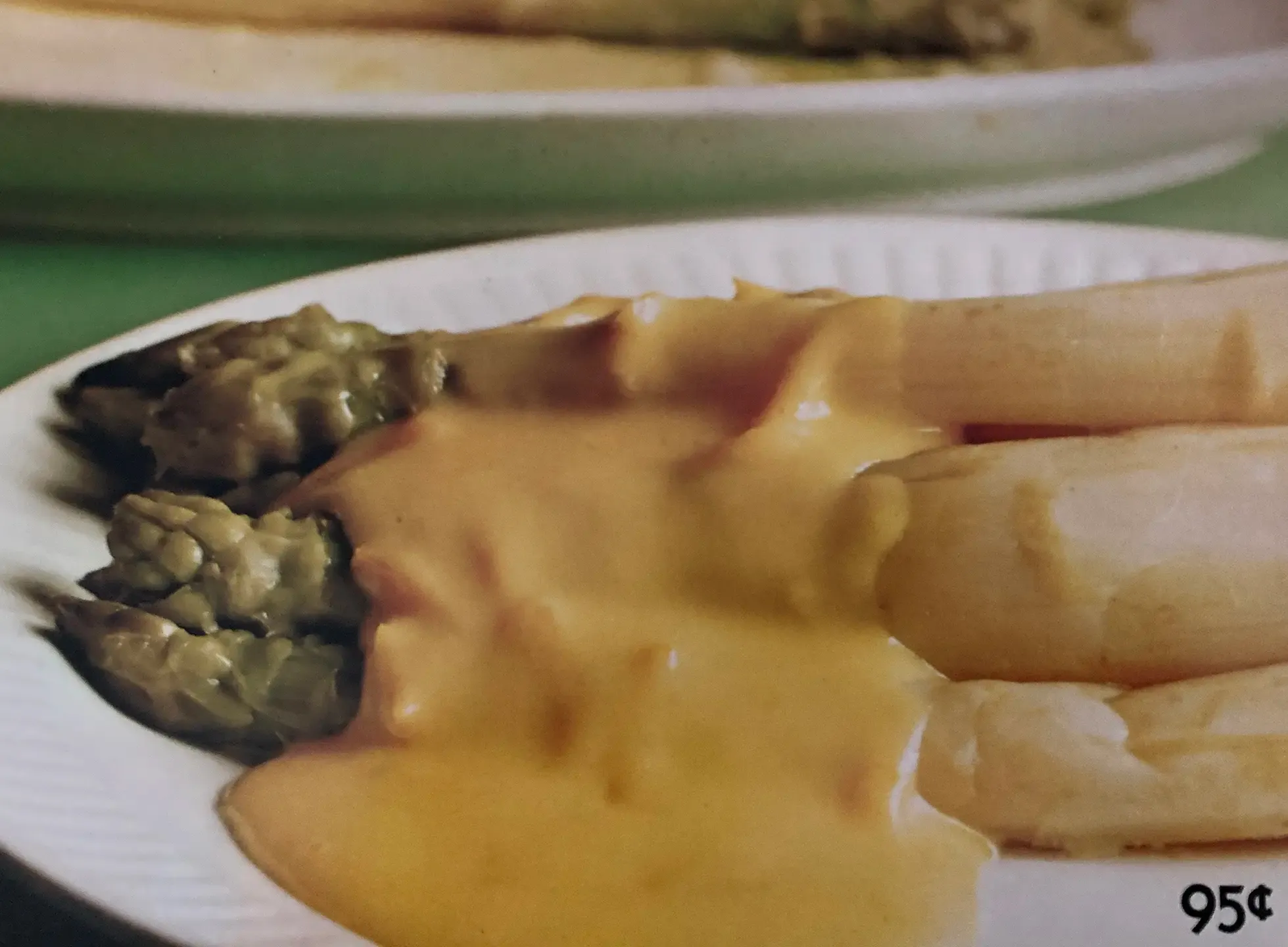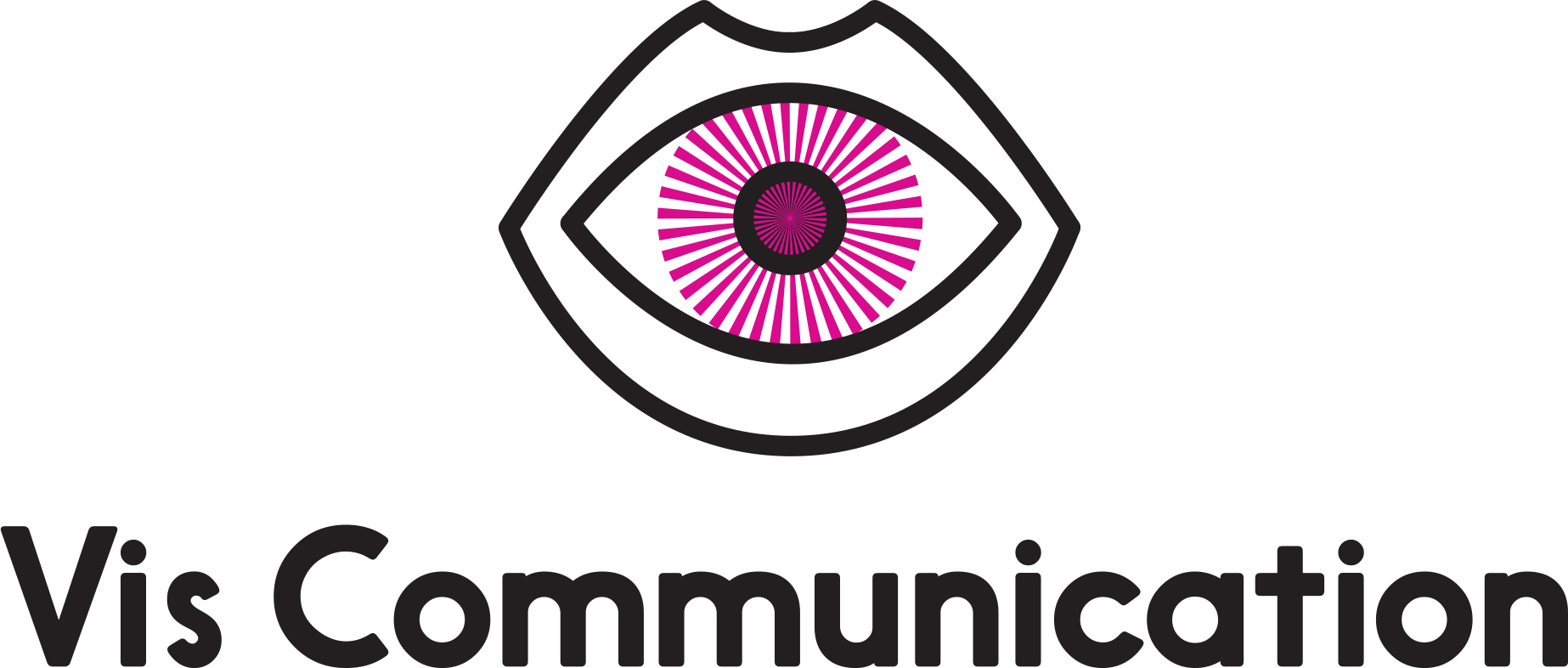Friction
The friction shift changing what is easy and what is hard.

I feel like friction has become something of a buzzword because I notice it in an awful lot of articles. The idea is that so many things are easy (granted, so many things are not) that this lack of friction is the cause of things like AI slop and just too much of everything everywhere all at once. And then how do we sort all that. And it reminded me of the early days of Etsy, where I had a shop for a long time. And why I stopped.
For a while, I sold block prints on Etsy and it was a fun side thing. I would maybe sell 3 prints a month. It was never a money maker. And as Etsy got bigger, I sold less and less until I didn't sell anything. There were just so many people on the platform now that I wasn't showing up in the search results anymore. So, Etsy did what a lot of social platforms do these days which is boost your search results in exchange for participating in a certain way – joining an Etsy community, leaving reviews, that sort of thing. Basically, making me work more, whereas I just wanted to sell a couple prints every month. You may have experienced this on LinkedIn or Meta where it promises to boost your visibility if you just write them some free articles, or comment on a post, or spend two hours shooting a video, or using the phrase "circle back" three times. It's pay to play, but with time. And it was extra time I didn't want to spend on Etsy.
When Etsy grew, it ended up with so much supply because there was a lack of friction to join – they made it easy to set up a shop and take payments at a time where setting up a website and connecting payments was more difficult. So they then needed to create some friction in order to figure out how to sort search results. The friction, in this case, is you working harder.
So when it comes to AI slop, there is no friction to contain it. It's just out there, replicating. There is no friction in the form of filters or curators or barriers to entry to at least sort the good from the bad. Or the interesting from the uninteresting. Supply has outstripped demand. Everyone is a "creator" because there is not much barrier to entry. This can be a good thing. But it means that either you or the algorithm has to sort through it all. And what are the criteria for sorting?
This is a tricky space for artists. On the one hand, low friction/low barriers to entry are great and mean they can get their art in front of a large number of people. Gasp, maybe even sell something. Friction used to come in the form of galleries and art specialists who would decide who was in or out. That wasn't a great system. But in a frictionless environment, it's easy to get subsumed into the endless supply of visuals and entertainment. What used to be the free distribution channels of social media, aren't that free anymore. Unless you luck out, they all require the friction of your time (not necessarily your talent) in order to get your work seen. Of course you can pay with money as well – another friction. So the friction hasn't gone away – it's just shifted to a different place.
But this is not the only way to think of friction. There is another sense where things like research are so easy now that we can generate an answer without learning much. That the friction of having to look something up, or read a bit about a subject, are good frictions that benefit us. What Andy Reischling refers to as "the end result of seeing one’s work reflected back to oneself, of a learned mastery that takes time, that is not optimized nor predictable, and ends in a productive friction that provides a feeling of a non-omnipotent form of agency."
But then there is way too much friction built into systems like healthcare. This friction shift is changing what is easy and what is hard. Ultimately, friction is a filter. What are you filtering in or out? What should we make easier? What should we make harder?

